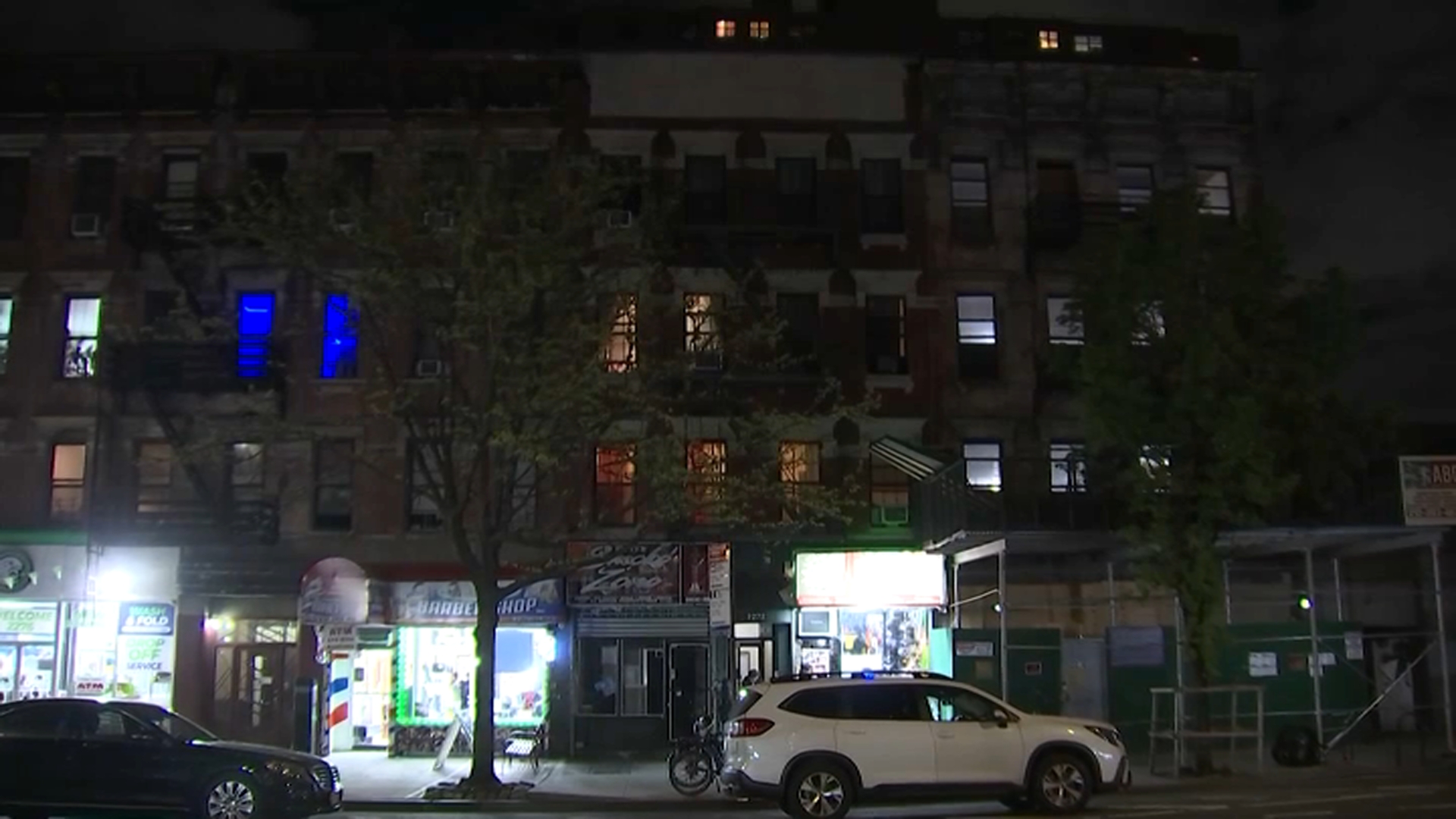A public forum on his push to change school funding. Opening a cancer institute. Dedicating a new high school. And, so no one could say he's not still having fun, Gov. Chris Christie also spent four hours hosting a sports talk radio show.
Was he tired of talking about the George Washington Bridge scandal, WFAN host Craig Carton asked on Tuesday?
"Dead on," Christie replied.
Christie, with two years left in his second term as governor, has insisted for three years that he had no knowledge of a plot to shut down access lanes to the busy bridge connecting New Jersey and Manhattan as part of a political vendetta. On the first day of a trial that started this week in the scandal that has become known as "Bridgegate," prosecutors said their key witness will testify that's not true.
Christie has not been charged, but as witnesses for both sides are expected to detail links over the next six weeks between the alleged plotters and Christie's administration, his legacy is also on trial. He is meeting the attention with a heavier-than-usual schedule, offering a counter-narrative and focusing on policies he counts as a key part of his legacy.
He has also foreshadowed a potential next act as a media figure by going on sports radio, something he's done increasingly lately.
The trial comes as Christie's approval rating in New Jersey is at record lows, and he said this month that the scandal was likely a factor in Republican presidential candidate Donald Trump's decision not to nominate him as his running mate.
Local
It also comes as Trump heads down the home stretch of a tight contest with Democrat Hillary Clinton. As prosecutors allege officials he appointed launched a political revenge plot, Christie is leading Trump's transition team, which will be responsible for filling thousands of positions in the federal government if the businessman wins.
Christie, whose name is on a list of potential witnesses who may be called to testify, insists there's nothing new to be learned about his involvement and instead spent the week touring the state.
While helping inaugurate a new cancer institute at University Hospital in Newark on Tuesday, he was philosophical and cast the institute as a legacy item.
"There's lots of things you get to do as governor," he said. "There's nothing that I've done that's more important than this."
Bridget Kelly, Christie's onetime deputy chief of staff, and Bill Baroni, deputy executive director at the Port Authority of New York and New Jersey during the closure, are on trial for wire fraud, conspiracy and civil rights charges as revenge against the Democratic mayor of Fort Lee, the community on the New Jersey side of the bridge, for not endorsing Christie in his 2013 re-election bid.
Assistant U.S. Attorney Vikas Khanna started the trial by revealing that former port appointee David Wildstein will testify that he bragged to Christie about the scheme at a Sept. 11 memorial in New York three days after the gridlock began. The two went to high school together, but Christie denies they have a close relationship and has denied Wildstein told him anything of the sort.
Wildstein, who has pleaded guilty, was handed the job as director of interstate capital projects, a position created for him even though he falsely said in an application he had a college degree that he doesn't hold, Baroni's attorney Michael Baldassare said in court this week.
Defense attorneys in their opening statements implied he was foisted on Baroni, who technically was Wildstein's superior, by Christie because Baroni wasn't deemed tough enough. One portrayed him as a ventriloquist's dummy sitting on Christie's lap.
Port Authority Executive Director Patrick Foye testified Thursday that he couldn't fire Wildstein because it was "practically complicated" and later said in response to a defense attorney's question that he didn't interview Wildstein during an internal review of the lane closures because Wildstein was being "protected" by Christie.
In addition, Foye testified Wednesday that Baroni told him on Sept. 13, 2013, the day Foye ordered the traffic lanes reopened, that "senior staff" in Trenton had been briefed about the closures. Christie insisted in December that no one on his staff was involved, then publicly expressed embarrassment a month later after he said he discovered that Kelly - and only Kelly - had lied.
In Fort Lee, where the plot gridlocked traffic, residents shrugged at suggestions Christie was aware of the scheme before he has said.
Jim Nola, a former New York City firefighter and current Fort Lee crossing guard, said he did not have a bad opinion of Christie before the closure, but after the indictments he came to view him harshly.
"You're crucifying the whole town because you're mad at the mayor," he said. "If you have a beef with me you take it up with me."
But Nola, who works an intersection near a senior center, shrugged when asked if many people were watching and talking about the trial. He said people had mostly formed their opinions about Christie already.
"People look at him differently. I do," he said. "(But it's) water under the bridge."



